Over the course of hundreds of conversations about relationships, Iona Lawrence identified a shared challenge around measurement: We don’t know how to measure relationships or whether the game of measurement is futile.
In this blog, we seek to kickstart a generative conversation around the question of how we capture the added value of a relationship-centred approach, and whether this is a useful pursuit. We’d love to hear your experiences, challenges and ideas.
We are collectively in a place where the question of how best to measure or value relationships is deeply contested. For some people measurement is the most important shared challenge anyone interested in relationships has: if we can get better at consistently measuring the impact of relationships we might be able to nudge the skeptics away from believing that relationships are ‘fluffy’ or a nice extra.
Yet for others the act of measuring the value of relationships on terms set by funders or commissioners can threaten the very essence of them.
Wherever you are, a huge amount of energy is poured into the question of how we articulate the value of relationships, and this is threatening our resolve.
Let’s open up the question of how we measure relationships and see whether, together, we can make some progress.
What?
What are we trying to measure or assess when it comes to relationships? Why? What and who are we doing this for?
1. Relationships themselves: sometimes, we might want to measure relationships themselves, whether individual relationships or networks of relationships. We may seek to understand where they are strong, where they are weak, where they are missing. Doing so will help us to see where our relationships need a little nurturing, and where bridges need to be built.
2. The added value of relationships: we might want to measure the outcomes of good relationships or relationship-centred ways of working. Doing so would help us to demonstrate the things good relationships enable us to achieve (better health, greater happiness, higher grades etc) and prove the value of relational work to skeptics and non-believers.
3. Relational practice: at other times, we might wish to look inwards at our practice to assess the extent to which our methods, culture, values and approach enable good relationships to thrive. Doing so would help us improve our relational practice.
What are you seeking to measure when it comes to relationships? Why? Who is the assessment for and what do you hope it will achieve?
How?
How should we go about trying to measure relationships? What are the risks and challenges? What approaches work best or have potential? Where can we look to for inspiration?
Too many commissioning contracts require the completion of impact surveys which, in their deficit-based questioning, can strip people of their agency rather than recognise the power in people’s stories. Too many loneliness measures are academic, remote and cold. Many of these tools perpetuate division and isolation, rather than measure it, much less solve it.
How do you approach measurement and evaluation? Which methods seem to work well and which don’t?
To what end?
How do we then bring what we find and learn about the value of working in relational way together to tell a compelling story and convince others that this is the road we must all travel?
One critical task is not simply to commission new evidence to fill the gaps, but to pull the evidence together better. There’s a job to be done to distill existing evidence sets and disseminate knowledge that emerges in a more coherent and confident way
To strengthen our case we need to double down on the ‘so what’ of relationships. We must surface the evidence of the longer term impact of good relationships. What do good relationships mean and achieve in the long run?
What difference do strong and meaningful relationships make in your organisation or community? What do they enable you to achieve which would’t otherwise be achieved?
Join us
On Tuesday 8th June we’ll be exploring these questions in an open conversation. Together we’ll:
- Share what we’re trying to measure when it comes to relationships
- Explore the challenges and key considerations of measuring relationships
- Share ideas and approaches to doing so in a sensitive, human-centred way
We’d love it if you’d join us.
Read more
Active Neighbours – Julie
“The satisfaction you get from volunteering is really fulfilling. You get home and know you’ve helped someone that day. It enabled me to meet new people – other volunteers, those we helped. Having the opportunity to talk to some elderly people in the community. When you’re not from somewhere, when would you ever have the opportunity to talk to someone from a different generation?”
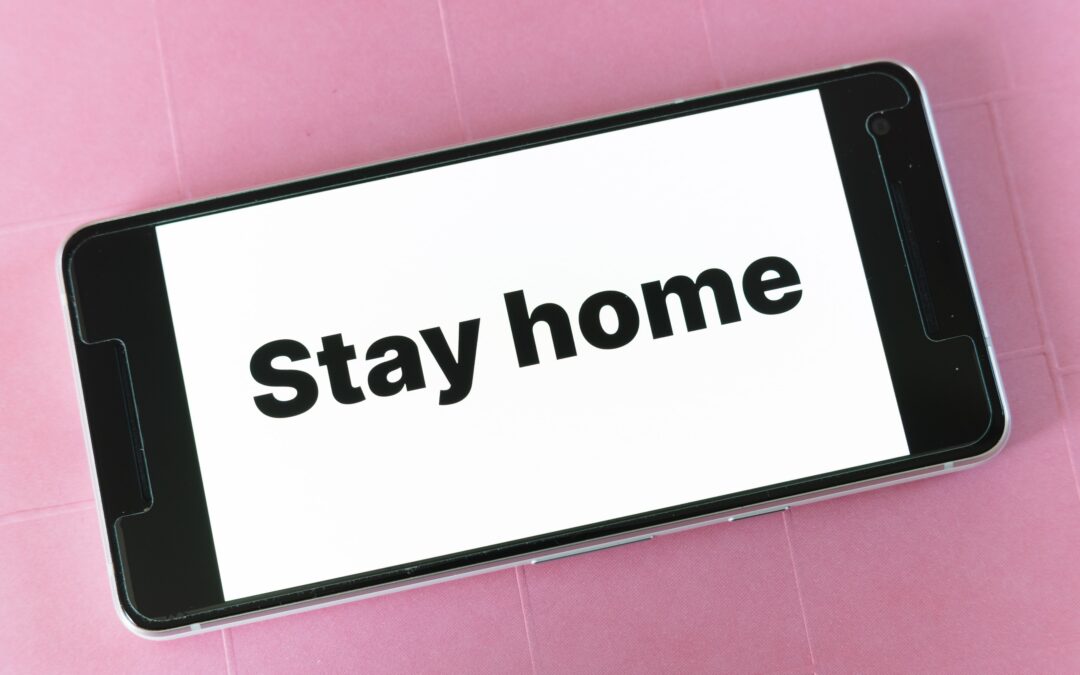
Active Neighbours – Josie
“[Covid] was an almighty stop. There are so many people that are natural doers – volunteering and helping others was possibly the only thing they could do. A lot of people potentially thought that was their only option to continue to do something. Covid gave everyone the opportunity to step slightly out of their comfort zone. Everyone needs that door to be slightly open to be able to step through [….] I just have to say that the food bank needs peanut butter, 12 hours later there will be 56 jars on my porch”

Active Neighbours – Jen
“I’m a big believer in gratitude and what you give out is what you get back, and the law of attraction. So I’m that kind of person: what you give out is what you get back. So just being a nice person, and just trying to help and be generous with your time … if you can. Anything you can do to help somebody.”
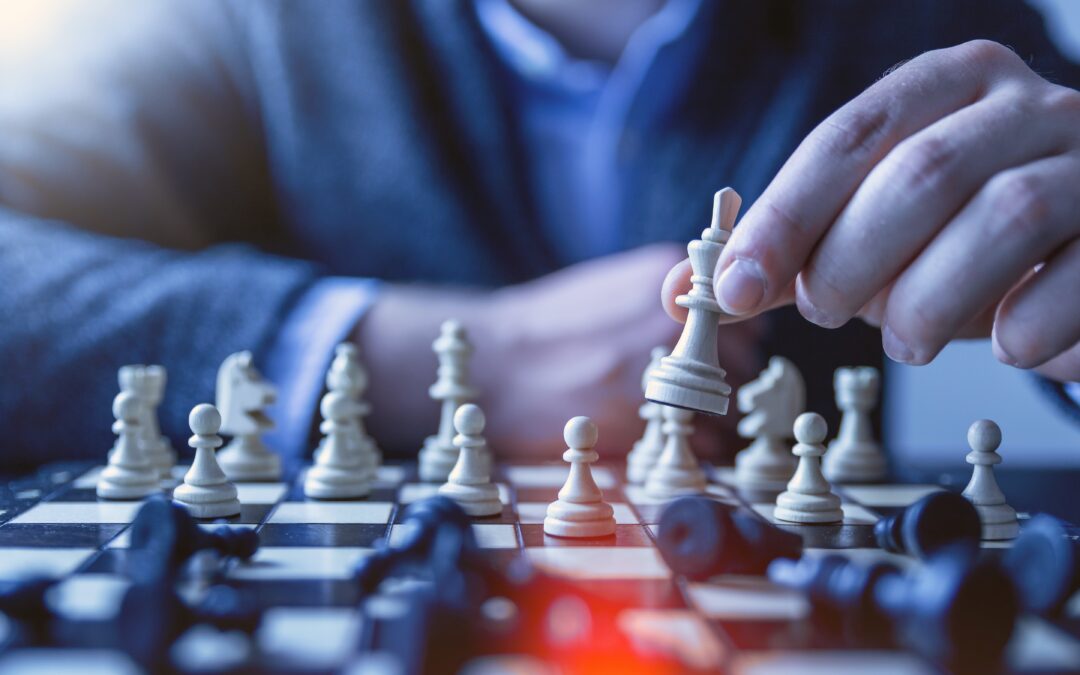
Active Neighbours – James
“Not patriotism, but I think society is under stress at the moment. I don’t think the government, whatever your view on this particular government, is necessarily capable of meeting all needs. So it’s quite nice to have a purpose to do stuff when you can see an overwhelming need for it. So yes, a massive sense of fulfilment. And I think as I’d alluded to before that when I’d retired I felt I needed something to do. But it’s been great because I’ve met more people in the neighbourhood, working in the kitchen I’ve met some great people – learned much more about food! So generally I’ve enjoyed both experiences a lot.”

Active Neighbours – Isabel
“I think what was really cool at the beginning was it felt like you had this whole potential to really rethink how you interacted with your local area. There was a real sense of possibility that you were really kind of mini-world making or something […] I think politically a lot of people really frown down on traditional charity models – particularly the bifurcation of service users and service providers, and felt like what was needed was something that really lifted people up in the community, and made everyone feel like they were valued and had something to contribute […] which is still a noble goal – but I think it’s hard to do in practice.”

Active Neighbours – Brianne
“So it’s just the connections that have been made, the nice people and the people who have really needed the help that I’ve met. And just seeing everyone come together. I’ve always thought this area has a great sense of community, but this has shown it even more. And it’s shown the people that don’t normally have the time to give to this community – they’ve gone ‘here you go’.”

Active Neighbours – Anna
“In the past I’ve done very much paper-based volunteering, because I guess that’s where my skills lie – but maybe I’ve realised that I quite enjoy meeting people and having that interaction. In particular, I think I’ve enjoyed meeting people that are outside my social circle – because you know, we’re all guilty of having our own little group […], so seeing that people have very different lives – not better or worse, just different, you know – I think has been really interesting for me.”
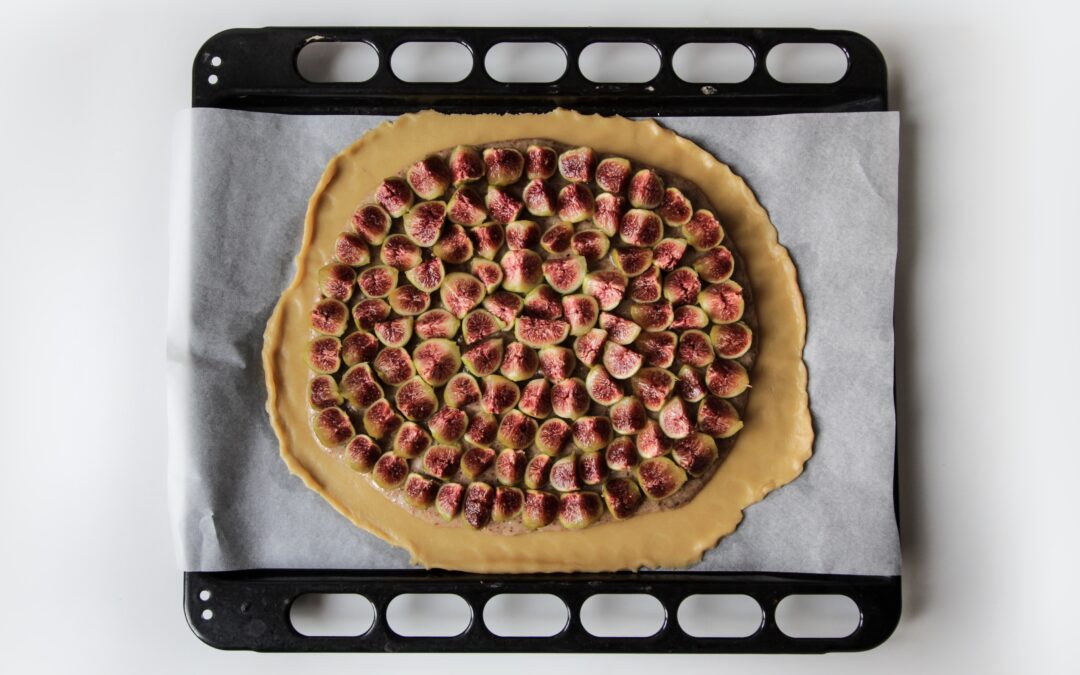
Active Neighbours – Alan
“I think it’s an interesting one actually for people of my age – single men. At my age – there’s a question of ‘what are you allowed to join?’ that will be positively received? […] There’s a sort of suspicion. But the Covid thing – I think what I really liked about it was the sense that anyone could join and we couldn’t see what each other looked like – we didn’t know how old we were. We didn’t know what social background we were from, we weren’t even talking to one another – because it was all text-based. And so in that sense it was a great leveler, I thought.”

Active Neighbours – Elizabeth
“And getting out of your own comfort zone a bit … empathy more than sympathy was somebody else’s phrase … trying to help people out not just because they are like you or because they’ve been through what you’ve been through, but because they just need a bit of help. That to me is what citizenship and community are about.”
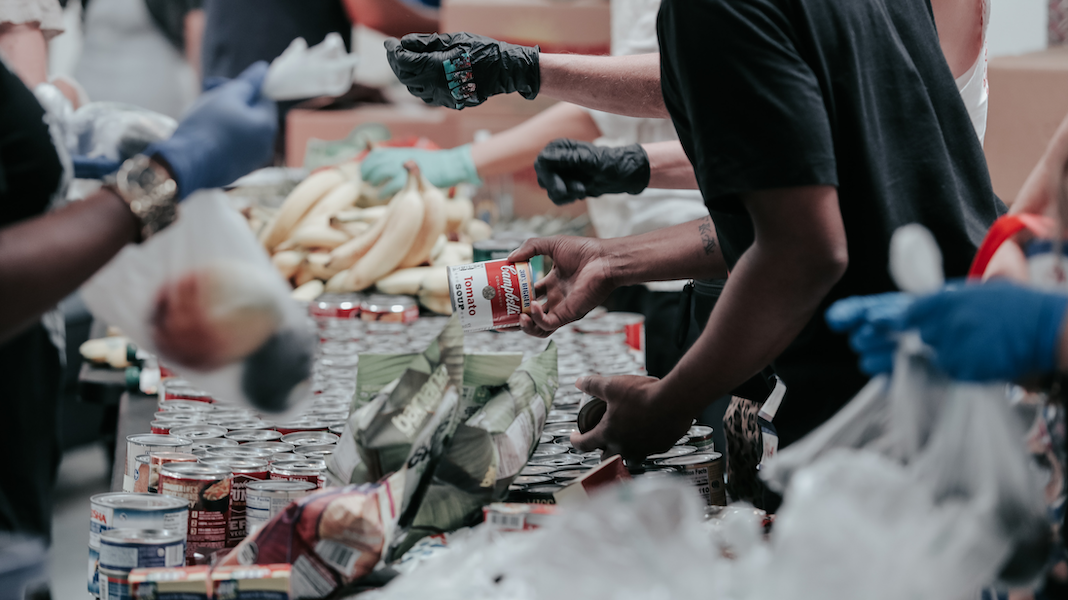
Active Neighbours – Dhanmeet
“As a charity on your own, you can’t cover everything. So what has been good with a lot of the response in terms of the pandemic has been the fact that charities and faith-based groups and other groups have got together rather than saying, ‘Oh we wanna do it all.’”
